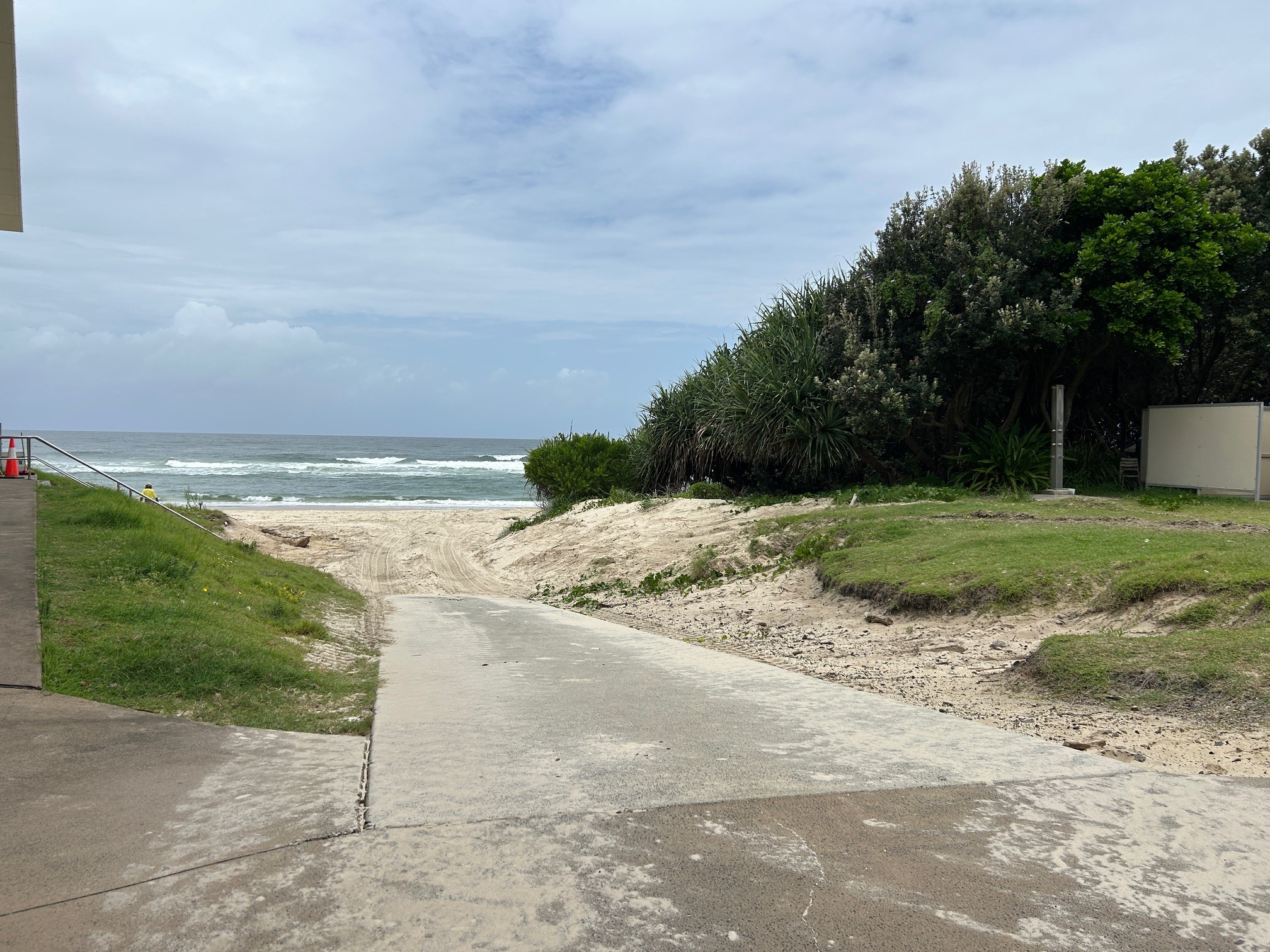Mater midwife Kieran Froese has ‘liquid gold’ running through her veins; a powerful plasma that is used to save the lives of thousands of babies across the country.
Her blood carries an antibody called anti-D, which is harvested and reproduced as an injection for mothers whose blood is at risk of attacking their unborn babies.
This can occur when a woman with a negative blood type is carrying a baby with positive blood – the woman is at risk of developing antibodies that recognise the foreign blood cells and try to destroy them.
Ms Froese, who is Mater’s Midwifery Unit Manger – Private Maternity Services, says the immune response puts the mother’s next baby with positive blood at risk.
“Those antibodies can cross the placenta and damage their baby’s red blood cells putting the baby at risk of Rhesus disease – or haemolytic disease of the newborn – which can lead to complications,” Ms Froese said.
“By harvesting antibodies that are made by somebody like me, they can give that in a medicated form to women, which prevents their body from making those antibodies, keeping the baby safe.”
Ms Froese estimates that in her two years of donating plasma each fortnight, she has produced nearly 42,000 vials of anti-D medication – the equivalent of saving the lives of 21,000 babies.
“After receiving blood transfusions and other blood products, I had a strong desire to give back to the system,” she said.
What makes Ms Froese’s feat even more impressive is that she doesn’t naturally produce anti-D.
Ms Froese receives an infusion of positive blood each year, so she can produce the antibody herself.
“I have a designated donor, who I don’t know, and each year that person donates blood in another city, and it’s flown to Brisbane for my infusion,” Ms Froese said.
“That boosts my antibodies to ensure there is enough anti-D in my plasma for it to be harvested and made into the medication.”
More than 17 per cent of Australian women who become pregnant need anti-D injections at 28 weeks and 36 weeks gestation to keep their babies healthy
Kirri Lagemann is one of them.
“The first time I found out I needed anti-D injections was when I was pregnant in 2020 with my first child,” Mrs Lagemann said.
“My obstetrician just made me aware of my blood type and that I would need some injections along the way to make sure everybody was safe should I want a second child.”
Fast-forward three years, and the anti-D injections made the world of difference to Mrs Lagemann and her family.
“I now have two beautiful, healthy girls,” she said.
“I also found out that my mother also needed the injections – and I’m a second child – so without those injections I may not have been here and therefore my family wouldn’t be here.”
Ms Froese was Ms Lagemann’s midwife at Mater Mothers’ Hospital.
“To find out my own midwife was donating … it was just the perfect circle; she was a donor, I needed the injections,” Mrs Lagemann said.
“It just made our relationships more personal – it was quite special.”
This ³Ô¹ÏÍøÕ¾ Blood Donor Week, Ms Froese and Mrs Lagemann are calling on eligible donors to consider
“It’s a really special thing to do – everybody should donate blood if they’re able to because it’s such a gift,” Ms Froese said.
“Not many people actually know where that medication comes from, or some don’t know that it’s a blood product – it is such an incredible life-giving product.”
If you are a man, or woman past childbearing years, who has a negative blood type, you may be eligible for Red Cross Lifeblood’s anti-D program and help make a difference to the lives of mothers and babies at Mater’s Mothers’ Hospitals and across the country.
To learn more contact Lifeblood on 13 14 95.







